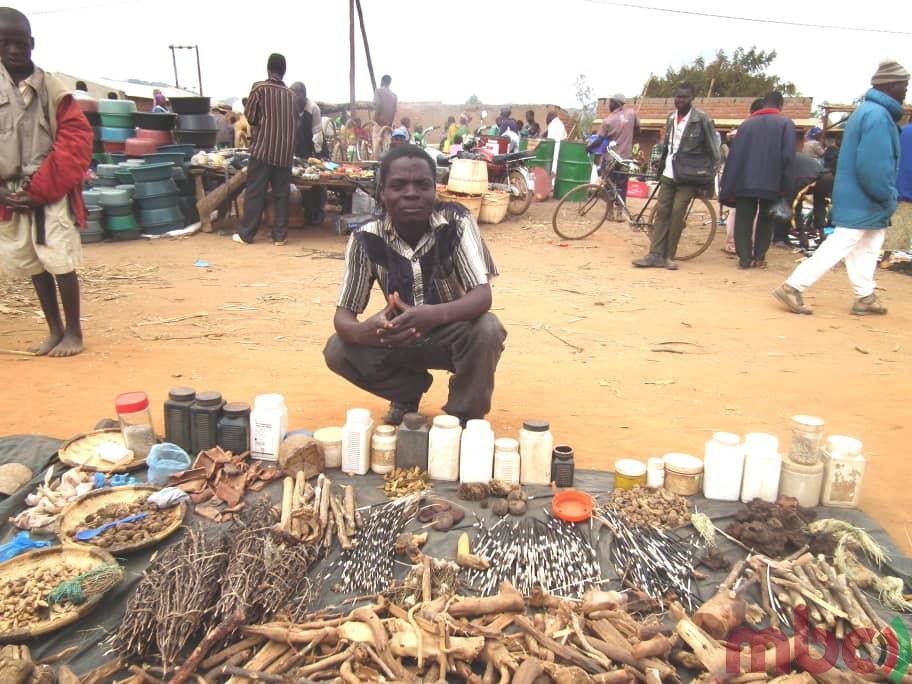Copyright mbc

Health advocate Benjamin Chinoko has urged authorities to integrate traditional medicine and herbal remedies into Malawi’s strategy to fight antimicrobial resistance (AMR), saying many locally available herbs have demonstrated strong antibacterial and antifungal potential. “Malawi has various herbs that, over the years, have shown the ability to treat certain illnesses. What is key now is implementing the traditional medicine policy to ensure their safe and effective use,” Chinoko said. His call comes as the Ministry of Health confirmed a growing public health threat following the detection of a strain of antimicrobial-resistant gonorrhoea, which has made some treatments ineffective. Antimicrobial resistance is mainly driven by the overuse and misuse of antibiotics, as reported by WHO. Dr Adamson Muula of the Kamuzu University of Health Sciences (KUHeS) has, however, cautioned that while herbal medicines hold promise, their use in humans must be backed by solid scientific evidence. “Most of these studies have been conducted in laboratories or on animals. The remaining challenge is to demonstrate their effectiveness in actual human beings,” Dr Muula explained. He added that such studies are difficult to design and implement, as they require treating patients with herbal extracts and comparing results against existing antibiotics. In September, then Principal Secretary in the Ministry of Health, Dr Samson Mndolo, told MBC that while the government recognises traditional medicine as an integral part of cultural heritage, it does not support its use in hospitals without proper regulation and testing due to safety concerns. National Traditional and Complementary Medicine Policy shows that they are no streamlined capacity building for traditional healers on proper infection prevention and disease control practices.



